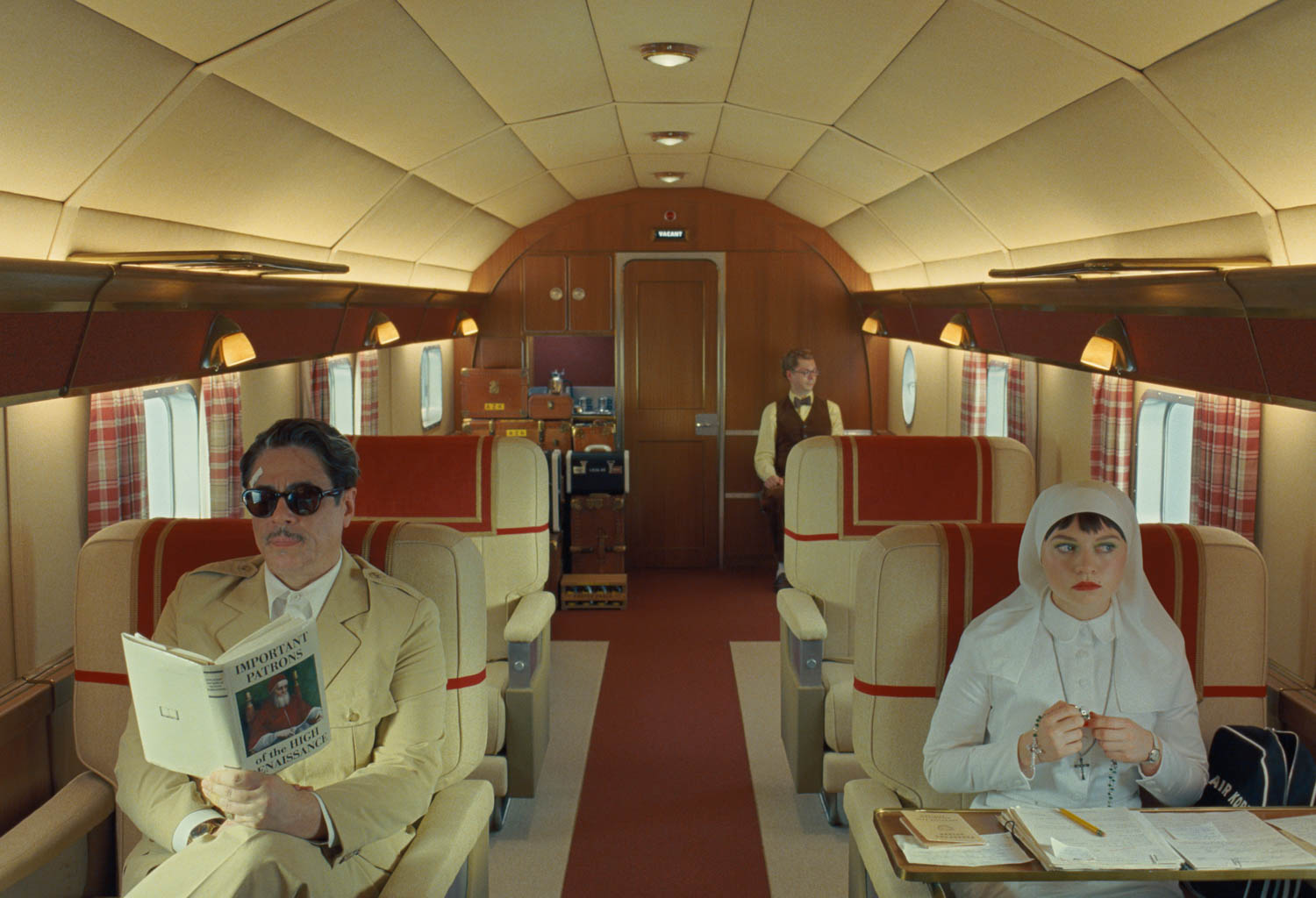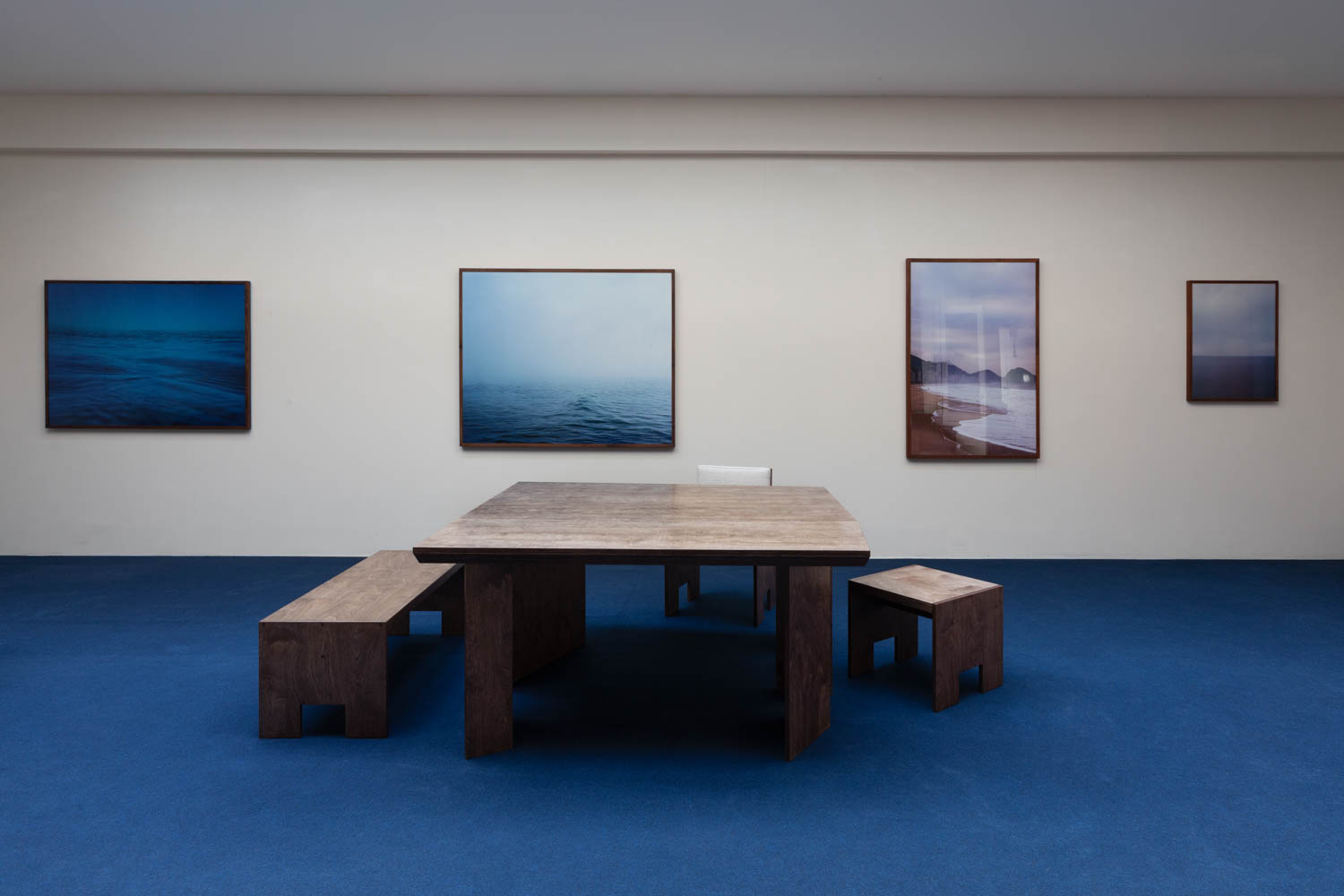Mark Reigelman Brings Cozy Cabins to New York’s Steaming Manholes
Crowded subways, litter-strewn streets, towering skyscrapers—all New Yorkers are familiar. But what about the bright orange tubes that punctuate the city’s streets, spewing a constant stream of steam into the sky? Brooklyn-based artist Mark Reigelman hopes to shed some light on this mysterious element of the city’s infrastructure with Smökers, a playful site-specific installation that has recently popped up around lower Manhattan.
Smökers consists of a miniature monochromatic birch plywood cabin temporarily installed atop the city’s scores of steaming manholes. Running through the center of the cabin is a custom metal ventilation system that safely channels street steam through the chimney. “I was drawn to the steam emitting from the city streets throughout Manhattan,” explains Reigelman. “The orange tubes perform an important function within the city’s infrastructure but are also incredibly demanding in terms of visibility.”
So why the cabins? An early childhood fascination with Räuchermann, small hand-made German incense burners that can resemble cottages, animals, and chimney sweeps, guided his inspiration. “My mother collected [these] obsessively when we lived in Germany,” he recounts. “They perform the exact same function as the bright orange tubes but in a way that is whimsical, exciting and sympathetic to the viewer. I wanted to inject these important characteristics and features in the urban landscape.” After receiving a Windgate Fellowship Award from the Center for Craft, Creativity, and Design, Reigelman put his vision in action.
Smökers II from Mark Reigelman II on Vimeo.
The first Smöker came to life after a four-week fabrication process with expert carpenter Andrin Widmer, which included hand-painting and installing industrial rubber casters at the base. These not only grant the 350-pound structures near-effortless mobility, but make for quick de-installation as these are not legally sanctioned works. Smöker lifespans have ranged from a fleeting 30 seconds to 3 hours—replicating steam’s “now you see it, now you don’t” ephemerality—and usually block multiple lanes of traffic. Regardless, they are sure to inspire some double takes and make New Yorkers reconsider what holds their city together.


